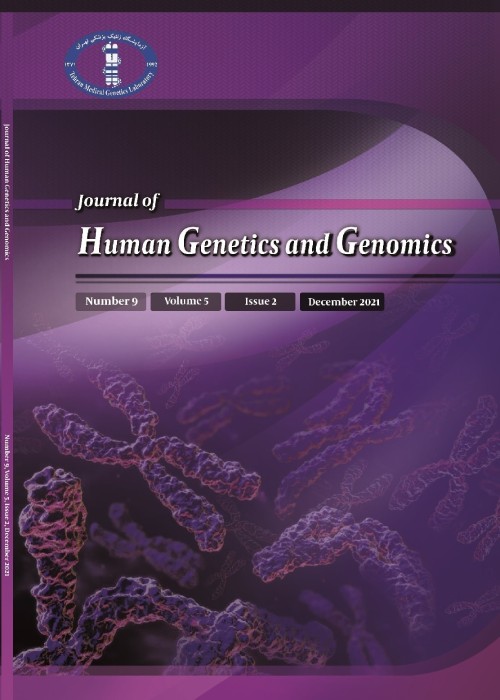Investigating the Association of rs1617640 Polymorphism in Patients with Diabetes Type II and Its Complications
The prevalence of diabetes – especially diabetes type II- is increasing steadily; according to WHO reports it will increase to 366 million people by the year 2030. Microvascular complications including Proliferative diabetic retinopathy (PDR) and end stage renal disease (ESRD) are increased in patients with diabetes mellitus. Case-control association studies have demonstrated that rs1617640 SNP in the promoter of erythropoietin (EPO) gene is significantly associated with PDR and ESRD. In the mentioned SNP, TT genotype is considered as risk genotype which means that EPO concentration in human vitreous body in these people shall be higher. People with TT genotype are much more at risk of retinopathies. In this study we investigated the existence of rs1617640 EPO gene polymorphism among 150 healthy subjects and 150 subjects with diabetes type II who referred to Yazd central laboratory. Then the association of rs1617640 SNP with complications among diabetic patients were examined by ARMS-PCR method. The results were analyzed using GraphPad software (version 5.00). Prevalence of genotype GG was 8% in patients and 1.3% in the control group. GT was 51.3% in patients, and 86.7% in the control group, and finally TT was observed in 40.7% in patients, and 12% of control group. The TT genotype was 37.6% in patients with retinopathy and 42.6% in non-retinopathy patients. Our study demonstrates that the prevalence of rs1617640 SNP has significant difference between diabetic patients and control group; whereas there was not any significant relationship between this polymorphism and the complications of diabetes in patients. Together our study reveals that rs1617640 SNP may be associated with susceptibility to diabetes type II; however it seems that this polymorphism is not significantly related to the diabetic complications in Yazd.
-
Effect of dietary approaches to stop hypertension and curcumin co-administration on glycemic parameters in polycystic ovary syndrome: An RCT
Tayebeh Zohrabi*, Azadeh Nadjarzadeh, Sara Jambarsang, Mohammadhasan Sheikhha, Abbas Aflatoonian, Hassan Mozaffari-Khosravi
International Journal of Reproductive BioMedicine, Sep 2024 -
Expression of steroidogenesis pathway genes in cumulus cells from women with diminished ovarian reserve after gonadotropin administration: A case-control study
Zahra Ahmadnia, Fateme Montazeri, Saeideh Dashti, Mohammadhasan Sheikhha, Marzieh Lotfi*
International Journal of Reproductive BioMedicine, Sep 2024



